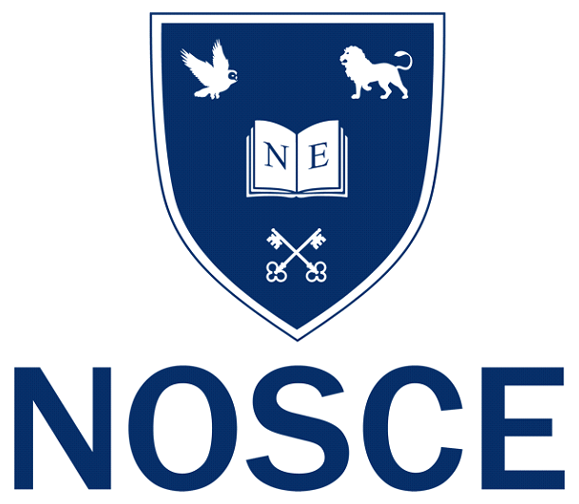SCHOOL PLACEMENT & TUITION
Trusted by Hundreds of Families, our strategies and support will give your child the edge over the competition.

NOSCE SCHOOLS
Are you having difficulty selecting the perfect school for your child? We’re here to help! We have produced UK private school league tables based on GCSE and A-Level examination results. We collect data from as many schools as possible and this data has undergoes meticulous review before being published. Many parents, schools, and education professionals in the UK and throughout the world look to our league tables for information.
School Placement
From our London and Shanghai bases, we work tirelessly to map out and support every child’s educational journey. Our three pillars — consulting, assessing, tutoring — provide a holistic service for the duration, enriching your child’s education beyond the classroom.
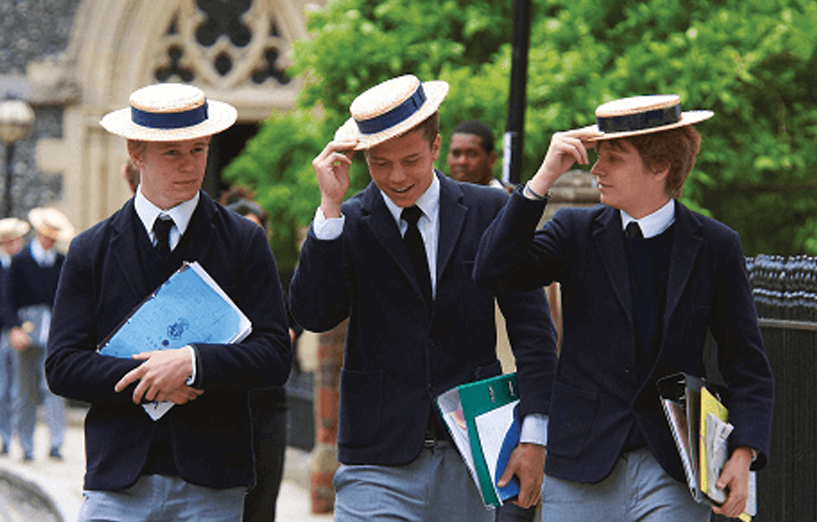
An Educational Journey
AS FEATURED IN
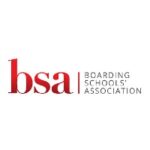

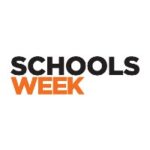


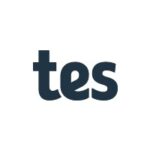

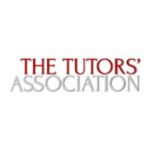
We don't make empty promises
NOSCE SCHOOLS
We have successfully supported students with entrance into many of the top UK independent schools. Our track record speaks for itself.
Senior Schools
This list captures some of the UK’s most renowned independent schools, covering a range of traditional boarding schools and a few highly prestigious London day schools. Junior or prep school counterparts are mentioned when applicable:
Boarding Schools

Eton College

Winchester College

Junior: Pilgrims’ School

Harrow School

Rugby School

Junior: Bilton Grange Prep School

Tonbridge School

Charterhouse

Shrewsbury School

Wellington College

Junior: Eagle House School

Stowe School

Winchester House School

Marlborough College

Radley College

Uppingham School

Junior: Witham Hall Prep School

Cheltenham College

Junior: Cheltenham Prep School

Oundle School

Junior: Laxton Junior School

Malvern College

Junior: The Downs Malvern Prep School

Bryanston School

Canford School

Sherborne School

Junior: Sherborne Prep School

Wycombe Abbey

King’s School, Canterbury

Junior: Junior King’s School

Haileybury

Lancing College

Junior: Lancing Prep Schools

St Edward’s School, Oxford

Bradfield College

Downside School
London Day Schools

Westminster School

Junior: Westminster Under School

St Paul’s School

Junior: St Paul’s Juniors

King’s College School, Wimbledon

Junior: King’s College Junior School

City of London School

University College School (UCS)

Junior: UCS Junior School
Prep Schools
Boarding Prep Schools

Summer Fields School

Cothill House

Dragon School

Ludgrove School

Caldicott School
London Day Schools

Sussex House School

The Hall School

Thomas’s Battersea

St Philip's

Pembridge Hall
Frequently Asked Questions (FAQs)
Private School: A private school in the UK is a fee-paying institution that is independently funded and managed. It is not maintained or funded by the government. Private schools typically offer a range of educational approaches and may vary in terms of curriculum, ethos, and facilities.
Public School: In the UK, the term “public school” historically referred to prestigious, fee-charging schools that were open to the public, although today they are more commonly known as “independent schools.” These schools are privately funded and operated and are not affiliated with the government.
Independent School: An independent school in the UK is a fee-paying institution that operates independently of the state. Independent schools have their own governance structure and are not maintained by the government. They offer a range of educational options and often have a reputation for academic excellence and strong extracurricular programs.
Public Schools: Historically in the UK, “public schools” were prestigious institutions traditionally reserved for the wealthy elite and funded by public endowments. However, today, the term has shifted in meaning, and these schools are more commonly known as “independent schools.” They are privately funded and operated.
Private / Independent Schools: These institutions are also privately funded but are not maintained by the government. Unlike public schools, they charge fees for attendance and operate independently of state control. Independent schools vary widely in terms of curriculum, ethos, and facilities, offering a diverse range of educational approaches.
The perception of the “best” independent schools can vary depending on individual preferences and criteria. While schools with renowned names often have a strong reputation for academic excellence, extracurricular offerings, and alumni success, the “best” school for a student may not necessarily be the one with the most prominent name. Factors such as the school’s ethos, teaching approach, facilities, and how well it aligns with a student’s needs and interests are also important considerations. Therefore, while prestigious names may signify certain qualities, the “best” independent school ultimately depends on the specific needs and priorities of the student and their family.
Not all independent schools are selective, but many do have selective admissions processes. Selective independent schools often assess prospective students based on academic ability, interviews, exams, and sometimes other criteria such as extracurricular achievements or personal qualities. However, there are also non-selective independent schools that welcome students of varying abilities and backgrounds. These schools may prioritize other aspects such as a particular educational approach, inclusive ethos, or specific support services. Therefore, while selectivity is common among independent schools, it is not a universal characteristic.
